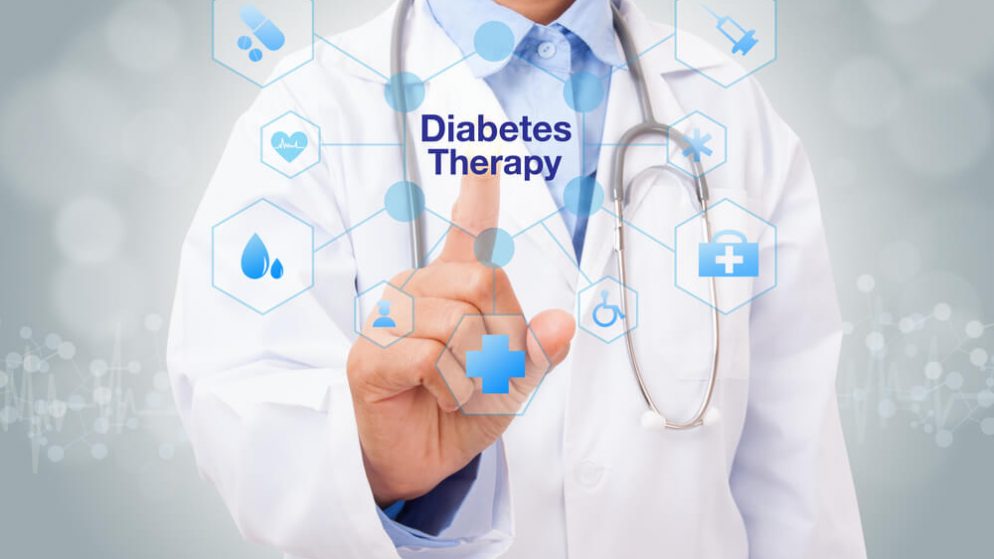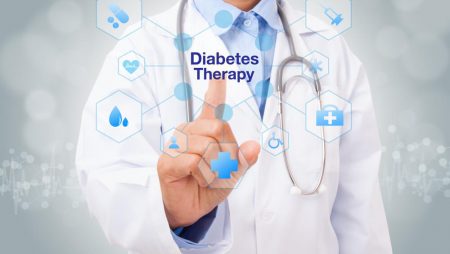



Get new exclusive access to healthcare business reports & breaking news




Even before COVID-19 hit, health providers and insurers were trying to make more use of machine learning in order to further research or improve quality of care. The pandemic created a big shift in healthcare and the ripple effects are progressing, with health tech companies now striking deals in virtual diabetes care and telepsychiatry.
Things really picked up the pace once this viral outbreak presented a unique challenge to our healthcare model.
Early guidance about the virus indicated that close contact should be avoided if at all possible. Further, calls for social distancing were becoming increasingly urgent as hospitals began to fill up with COVID-19 patients.
In an attempt to stop the spread of the virus and ensure social distancing, providers encouraged patients to stay home unless their symptoms required emergency intervention. The patients not needing urgent, in-person care were told to use digital methods of diagnosis and treatment, such as telehealth and video conferences with physicians.
And even though, two years later, less people get the virus, the changes this brought to the healthcare system remain in place and improvements continue to be made.
Healthcare providers are increasingly using machine learning to pinpoint patients likely to rack up the most costly hospitalizations, ideally so they can be enrolled into preventive care programs and guided towards social services that are able to improve their health.
There’s no standard predictive method, which means they run the risk of excluding the highest need groups from preventive care. Specialists don’t agree about the best way to get these homegrown algorithms into the hospital or payer workflow. In the absence of government or industry oversight, machine learning experts are calling for more oversight in cost prediction.
There is some help from the patients, though. We are currently experiencing yet another societal shift whereby patients themselves are tracking their health data on smartphones and other personal devices. This way, people started to better understand their illnesses, which means they are more equipped to apply treatment. The average consumer is now more aware of public health terms such as “incidence”, “mortality rates”, and “prevalence”. A shift was created within the information market. Articles considered highly technical before the pandemic, are now current occurrences in the lay press, such as the New York Times.
In a time when hospitals are so overwhelmed that patients are being treated in the hallways outside emergency rooms, digitized healthcare is not only beneficial, it’s essential.
Digitized healthcare is slowly becoming the standard model of patient care. Patients are less passive than before, and have begun working with medical professionals to obtain a diagnosis, having a more active participation in their own care.
Smartphone apps are revolutionizing healthcare in the digital age, bringing groundbreaking technology into the pockets of patients. These apps provide a way for patients to play a role in their healthcare by better tracking their own health.
Two years ago, the American Telemedicine Association (ATA) and the Consumer Technology Association (CTA)® unveiled an innovative website featuring telehealth technology solutions during the coronavirus pandemic. The very useful website, TechHealthDirectory.com, was developed and hosted through Amazon Web Services (AWS). The website features an ever-expanding list of digital health resources, such as telemedicine, remote monitoring and real-time communication between clinicians and patients. These tools assisted the health care system in finding solutions during the COVID-19 pandemic, but are finding solutions for better care throughout the healthcare system.
One example of how the tech is being used now is AtUTHealth Harris County Psychiatric Center, where algorithms help identify risk factors for readmission, like schizophrenia diagnoses, and clinicians and hospital leadership refer patients who share those characteristics to relevant preventive services. “We’re really looking for malleable factors,” said Jane Hamilton, who led the project at the safety net clinic. “What could we be doing differently?”
Meanwhile, the market continues to grow, although some companies succeed better than others.
For instance, some of Apple’s most ambitious rumored health projects are now supposedly delayed, according to Bloomberg. An effort to bring blood pressure monitoring has reportedly been pushed back until at least 2024 for launch, and a planned non-invasive blood sugar monitoring doesn’t yet have a projected release date. Bloomberg reports, however, that Apple would soon launch features around women’s health, medication tracking, and improved support for third-party glucose monitoring.
Others have had better results lately. Virtual diabetes clinic 9am.health raised a $16 million Series A round led by 7wireVentures and Human Capital with participation from StartUp Health, Leaps By Bayer, Define Ventures, and Founders Fund. The company intends to use the new funding to grow its direct to consumer business and expand into the self-insured employer market.